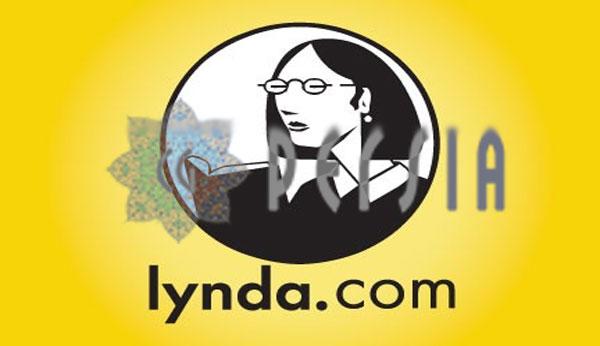
Duration Project Files Included MP4


Jacobo Barriero | 2 hours+ | 2.91 GB

Take a round-trip tour through the cameras in After Effects, CINEMA 4D, and C4D Lite.
Continue Reading

Tuts+ Premium Course: Camera Flythrough In After Effects
Continue Reading